The federal government did not create the states; the states created the federal government
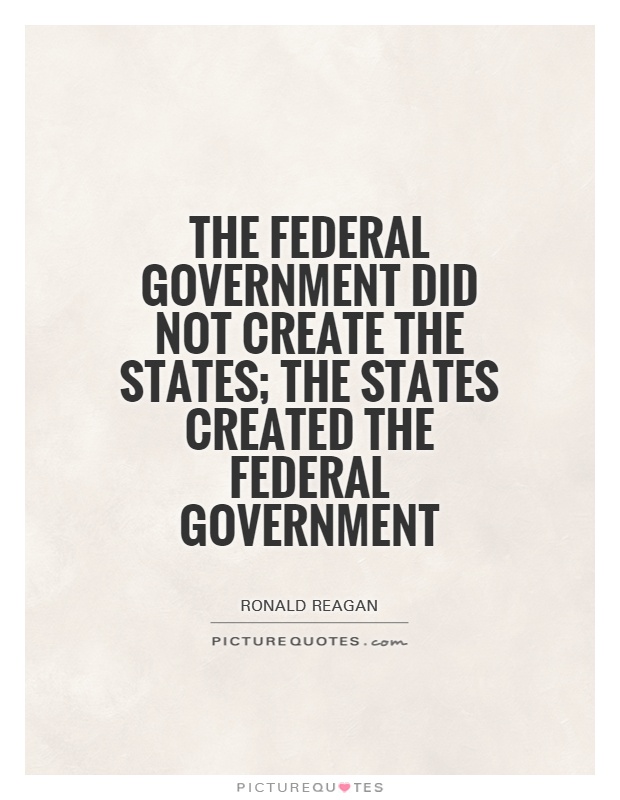
The federal government did not create the states; the states created the federal government
Ronald Reagan, the 40th President of the United States, was a staunch advocate for states' rights and believed in the principle that the federal government did not create the states; rather, the states created the federal government. This belief was deeply rooted in Reagan's conservative ideology and his commitment to limiting the power of the federal government in favor of empowering individual states.Reagan's belief in states' rights was evident throughout his political career, both as Governor of California and as President. As Governor, Reagan famously clashed with the federal government over issues such as welfare reform, education policy, and environmental regulations. He believed that states should have the authority to govern themselves and make decisions that best suited their unique needs and priorities.
When Reagan was elected President in 1980, he continued to champion states' rights and worked to devolve power from the federal government to the states. One of his most significant accomplishments in this regard was the implementation of his New Federalism policy, which aimed to shift power and responsibility from the federal government to state and local governments. Reagan believed that by giving states more control over their own affairs, they could better address the needs of their citizens and promote innovation and efficiency in government.
Reagan's belief in states' rights was also reflected in his approach to federalism and the Constitution. He often cited the Tenth Amendment, which reserves powers not delegated to the federal government to the states or the people, as a guiding principle in his governance. Reagan believed that the federal government had overstepped its bounds in many areas and sought to restore a proper balance of power between the federal government and the states.



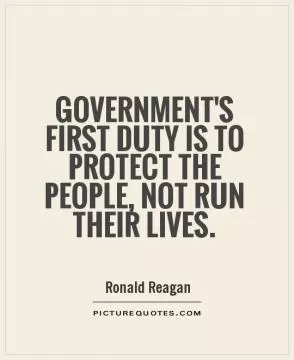
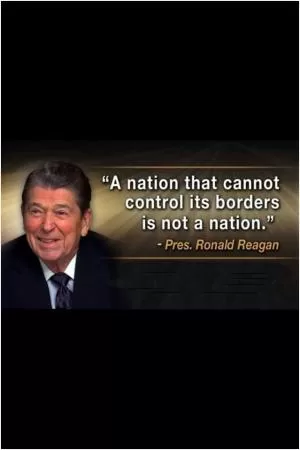
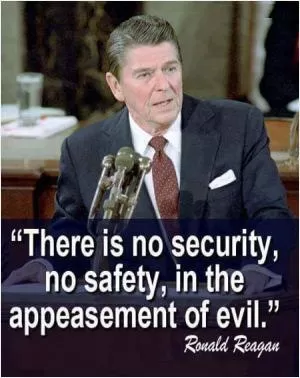
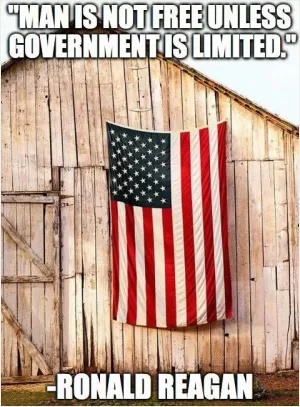
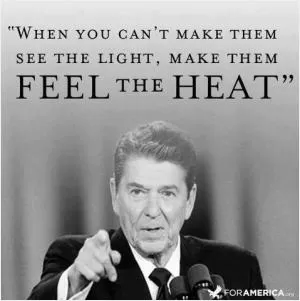
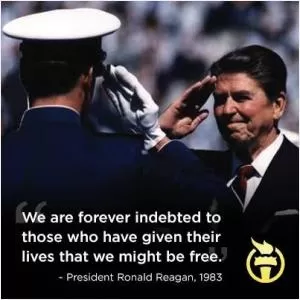


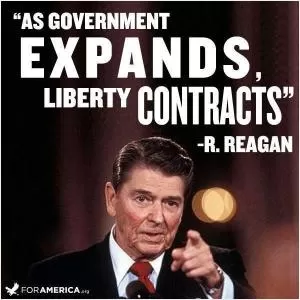
 Friendship Quotes
Friendship Quotes Love Quotes
Love Quotes Life Quotes
Life Quotes Funny Quotes
Funny Quotes Motivational Quotes
Motivational Quotes Inspirational Quotes
Inspirational Quotes